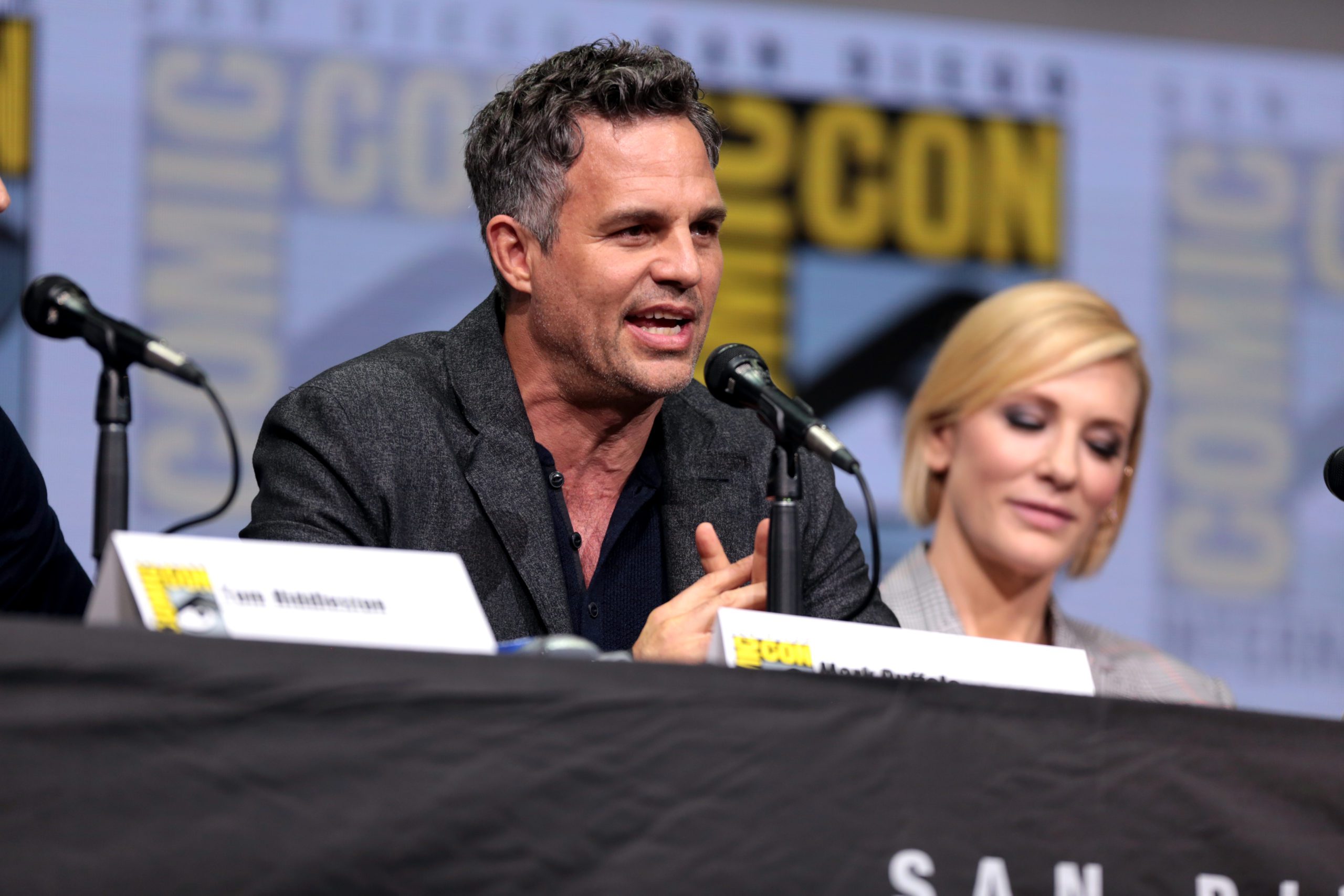
This article originally appeared in the National Post.
By Melissa Mbarki, March 24, 2022
On March 17, actor Mark Ruffalo called on the Royal Bank of Canada to stop financing British Columbia’s Coastal GasLink Pipeline, citing “climate change and First Nation’s rights.” Once again, Indigenous people are being stereotyped as anti-resource, when in fact only a minority hold this position, as evidenced by the fact that all 20 First Nations along the line have approved the project.
The Coastal GasLink Pipeline will transport natural gas to the Douglas Channel near Kitimat, B.C. This coastal port will then transport liquefied natural gas (LNG) to global markets. LNG will replace coal-fired electricity, reducing emissions around the world, which will have a positive effect on the environment.
There is something amiss about Ruffalo, an American actor, trying to stymie Canadian natural gas exports, when his own country is the world’s largest exporter of LNG, exporting an estimated 72-77 million tonnes of LNG per year (mtpa) in 2021.
LNG has facilitated a new generation of Indigenous-led projects in B.C. Cedar LNG (3-4 mtpa), led by the Haisla Nation, and Ksi Lisims LNG (12 mtpa), led by the Nisga’a Nation, are currently under environmental review. These projects are not violating Indigenous rights. In fact, what Ruffalo is doing, is directly violating our right to economic independence and prosperity.
Actors like Ruffalo, Leonardo DiCaprio, Ben Stiller, Jane Fonda, Scarlett Johansson and many others that have joined this campaign, dubbed No More Dirty Banks, have not lived a day in poverty. They have never visited a reserve in Canada to see what despair looks like.
The Haisla Nation near Kitimat has created successful partnerships with the oil and gas industry. It has built a new health centre and is in the process of building new apartments, duplexes and a youth centre. It has increased the proportion of its members who are attending university. All reserves in Canada strive for this kind of success.
Sixteen First Nations will be part owners of the Coastal GasLink Pipeline — if completed. This will bring decades of revenue to these communities. They will have the opportunity to invest this money in housing, education and community-driven healing initiatives. Why would anyone be against the prosperity of an Indigenous community?
Six Alberta First Nations invested $93 million in a natural gas power plant near Edson. In the coming decades, the plant will provide hundreds of millions of dollars to First Nations and reduce carbon emissions. We are stewards of the land who are looking at technology to fight climate change.
When there is foreign interference, especially from high-profile celebrities like Ruffalo, it sets us back. He does not think beyond the pipeline. He does not think beyond the cause of the day.
Over the long term, such actions serve to drive away investment and keep Indigenous communities in poverty. We are dealing with so many social issues, including high rates of suicide, incarceration and homelessness. Speaking on our behalf is not the answer if you fail to acknowledge the entire story.
Our elected leaders and community members who signed community benefit agreements with Coastal GasLink are part of the consultations over its environmental impact. They actively participate in meetings with industry. They are involved with the environmental impact assessments.
It is ignorant for those who are against resource development to assume this process does not happen in Indigenous communities. They do not care to see the positive impacts such a pipeline brings in terms of education, jobs and training. It is very tiring to continue to fight against eco-colonialists who feel their voice is more important because they are louder.
Indigenous people have a right to prosper. We are inclusive of all industries because we need to work on a clear, concise transition plan. To fight climate change, we need to be open to more environmentally friendly technologies, without ruling out cleaner-burning fossil fuels, and ensure that a variety of people and industries, including First Nations and the energy sector, can come together to address our shared challenges. Ruffalo’s actions will only serve to hinder this process and keep First Nations impoverished.
Melissa Mbarki is policy analyst and outreach co-ordinator for the Indigenous policy program at the Macdonald-Laurier Institute.





